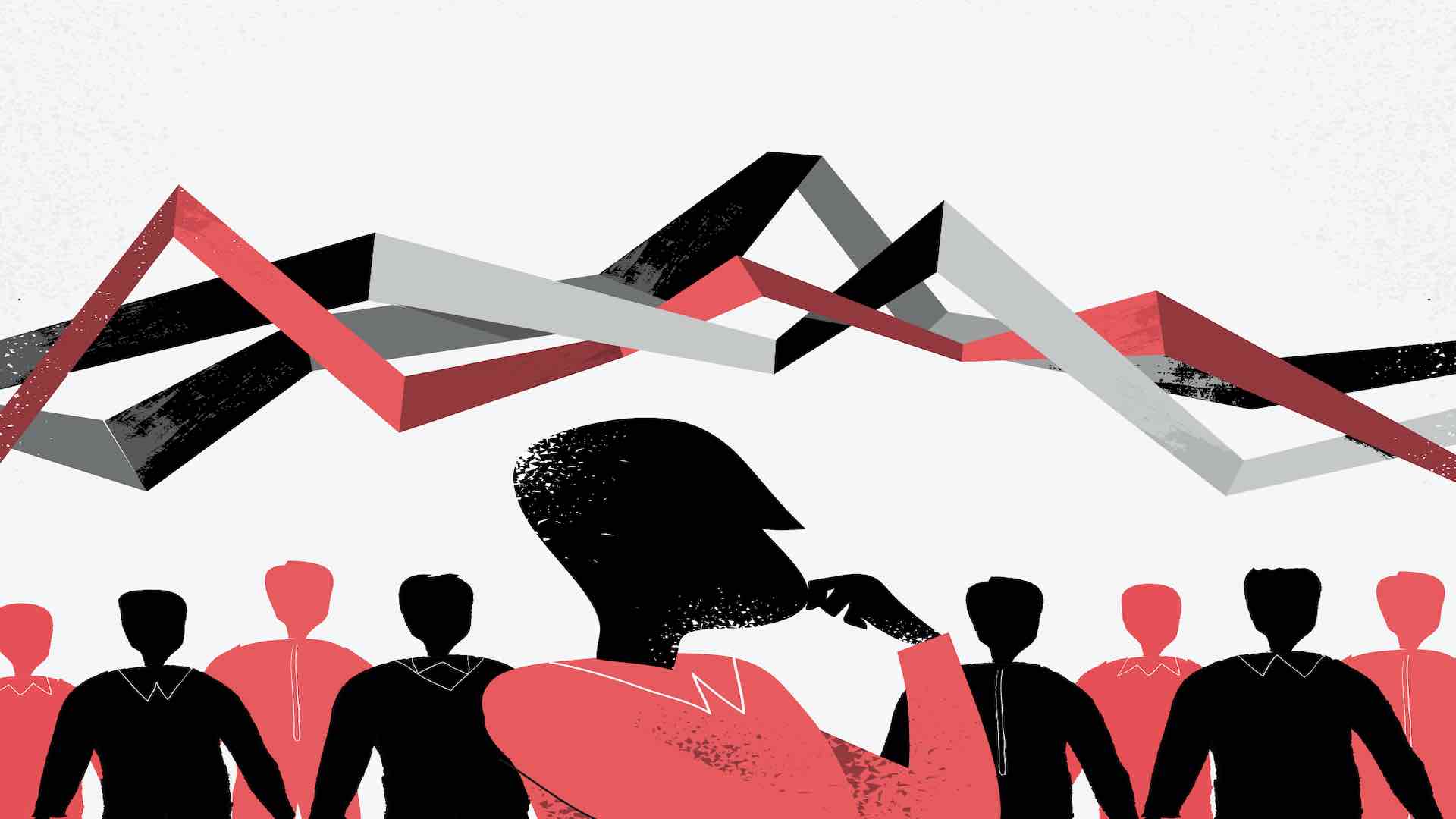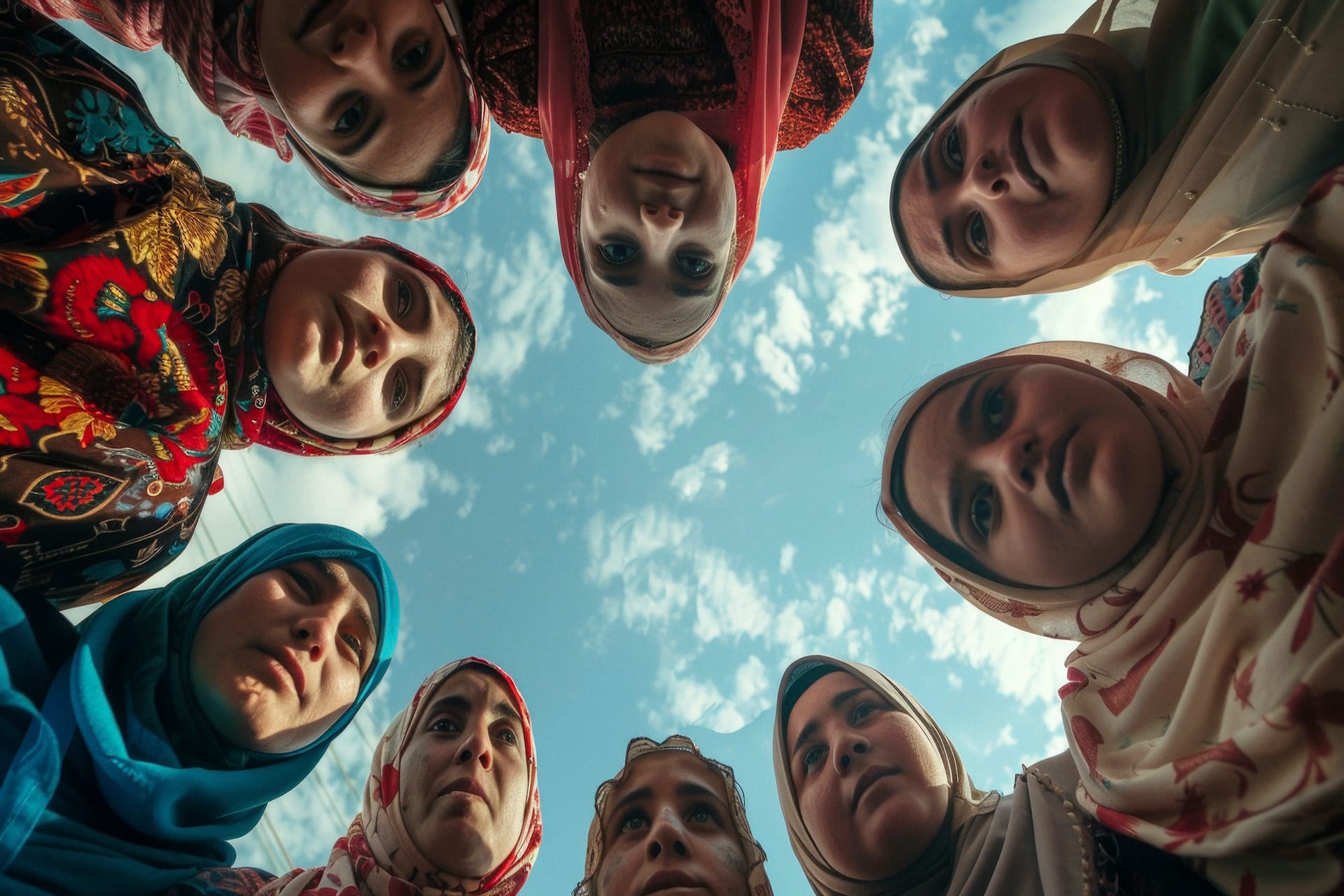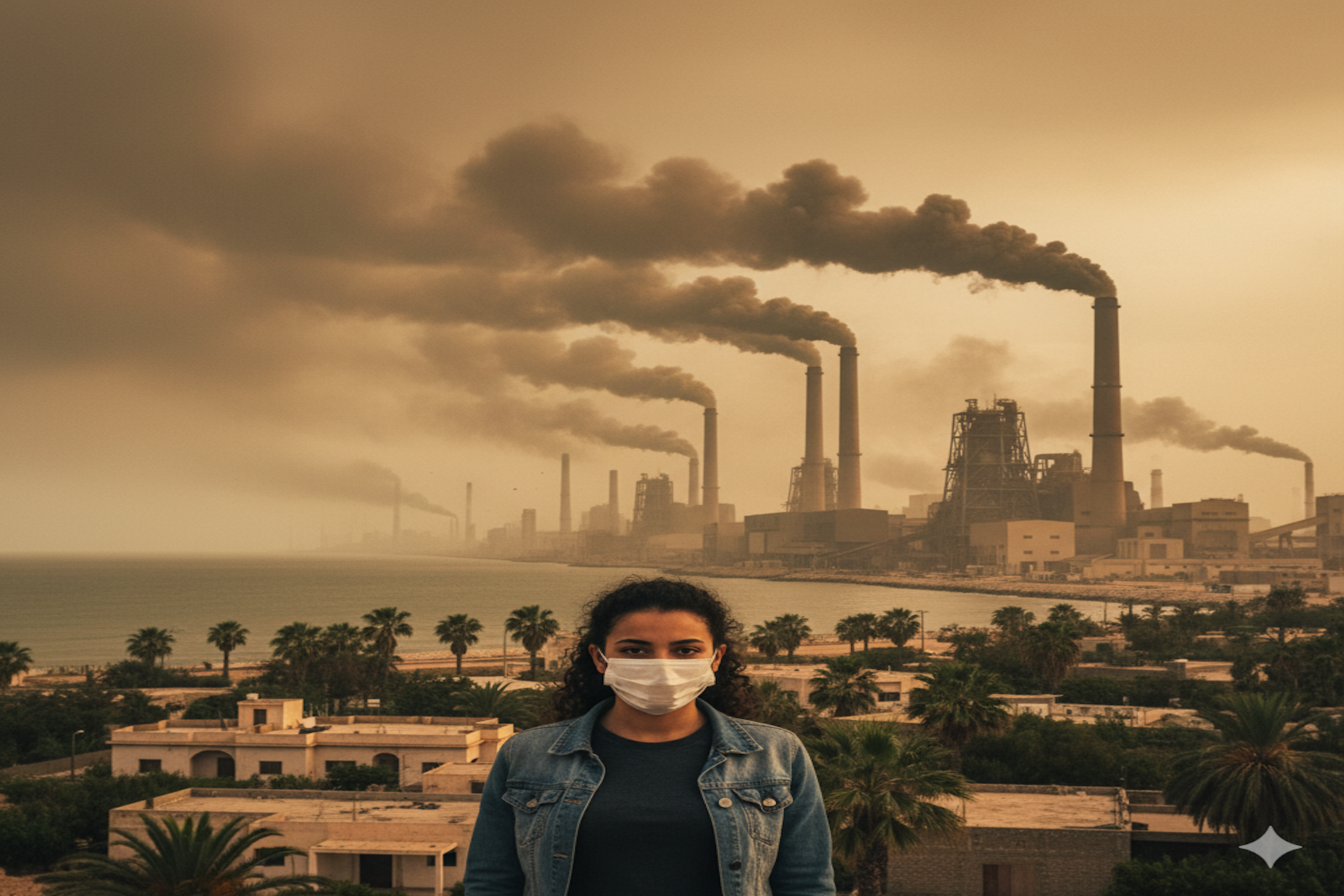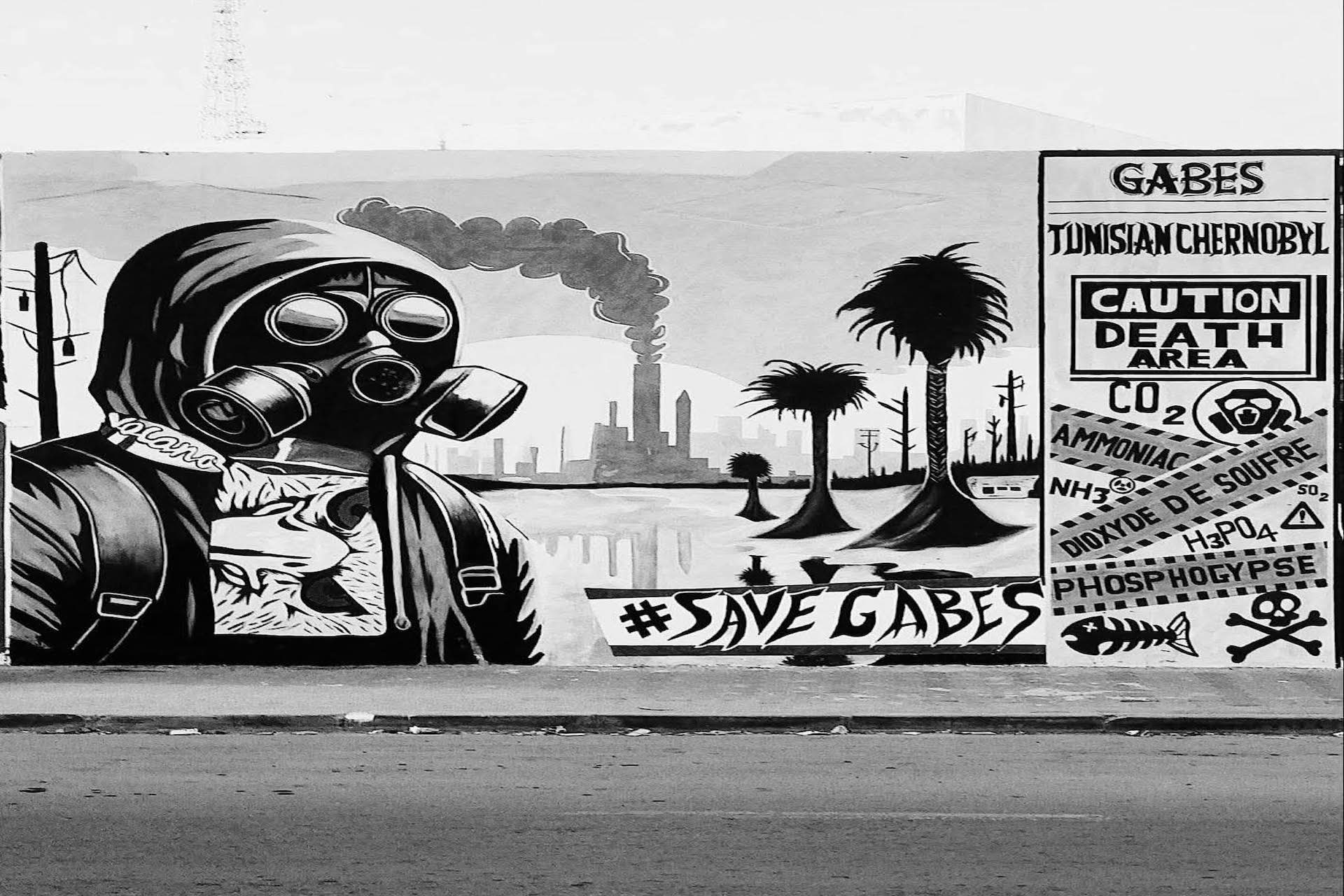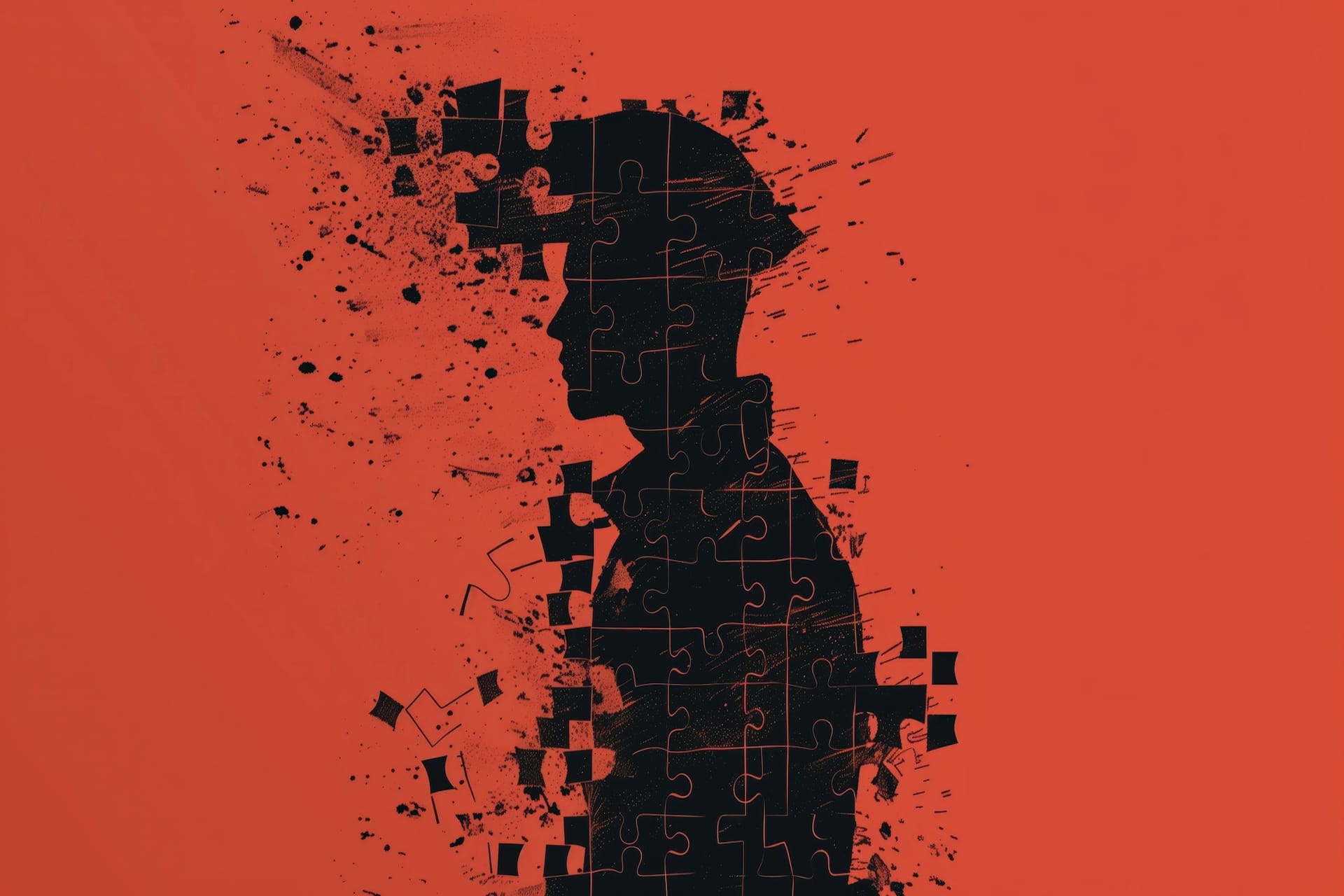1. From Jasmine to a digital pressure cooker: the political context
After 2011 Tunisia became an emblem of transition; over the last four years, however, the country’s political trajectory has alarmed many observers. Since 2021, President Kais Saied has consolidated extraordinary powers and ruled increasingly by decree. Human rights groups report a rising number of detentions, prosecutions and legal measures targeting dissenting voices — a trend that accelerated after passage of Decree‑Law 54 in 2022. International monitors and rights organizations say the new law has been used to criminalize political criticism and silence opposition under the guise of fighting “false information” and cybercrime. Human Rights Watch+1
The most dramatic illustration in October 2025 — the sentencing to death (later the subject of international outcry and urgent appeals) of a man convicted over Facebook posts deemed insulting to the president — crystallized concerns that ordinary expression can attract the gravest penalties. Rights groups and international media decried the ruling as unprecedented and indicative of an alarming turn in enforcement. Reuters+1
2. What is Decree‑Law 54 — and why critics call it “double‑faced”
Decree‑Law No. 2022‑54 was presented as a response to online harms: disinformation, cybercrime and threats to public order. In legal text it contains provisions criminalizing the production and spread of false information, incitement that threatens public order, and specific cybercrimes. On paper: protection. In practice: sweeping powers with vague language.
Analysts and press freedom groups have repeatedly flagged three structural problems:
- Overbroad definitions. Terms such as “false news” or “information likely to disrupt public order” are imprecise and can be applied to political speech. This raises a risk of arbitrary prosecutions. ARTICLE 19
- Selective enforcement. The law has disproportionately affected journalists, human‑rights defenders and ordinary critics while powerful figures or influential content creators often face no equivalent scrutiny. Human Rights Watch and other NGOs document dozens of prosecutions and investigations brought under the decree, many targeting critics rather than obvious cybercriminals. Human Rights Watch+1
- Lack of safeguards and transparency. Proceedings under the law have occurred with limited transparency and scant procedural protections, making fair trial concerns more than theoretical. International actors and lawyers have repeatedly demanded reform or repeal of the decree insofar as it criminalizes legitimate expression. ARTICLE 19+1
Taken together, these features mean the law can operate as both a tool for legitimate cybercrime enforcement and as a lever for political control — hence the “double‑faced” critique.
3. Two parallel realities online: the punished dissenter vs the unchecked influencer
A. Punished dissenter
Numerous cases show ordinary people prosecuted or harshly sanctioned for relatively modest political speech. The October 2025 death‑sentence case (and many earlier arrests and convictions) illustrates not only severity but also the chilling effect: citizens self‑censor out of fear that social posts could lead to criminal charges. International organizations note that the application of Decree‑Law 54 against critics has been systemic rather than exceptional. Human Rights Watch+1
B. The unchecked influencer economy
Concurrently, social‑media influencers and streamers — some with large followings — produce content that ranges from crude and abusive to potentially illegal (threats, harassment, dissemination of sensitive personal data). There are also credible concerns about financial opacity in the influencer economy: undeclared income, rapid and unexplained inflows consistent with money‑making schemes, possible links to escorting networks or exploitative sponsorship arrangements, and incentives that reward “more toxic = more views = more money.” While specific legal investigations are required to establish criminality, the regulatory vacuum allows harmful conduct to flourish and gives teenagers an unhealthy, distorted roadmap to “easy money.” (For the broader trend of cyber regulation being used to suppress speech while other online harms remain under‑regulated, see analysis by human‑rights groups and legal NGOs.) ARTICLE 19+1
4. Why the influencer model is dangerous for teenagers and social cohesion
Social psychology and media studies show that adolescents are highly susceptible to role models and reward structures. When platforms algorithmically reward sensational, abusive or risky behavior — and influential creators monetize that behavior while boasting about earnings — the signal to impressionable youth is clear: toxicity pays, and risk is a shortcut to wealth and attention.
In Tunisia’s case, this dynamic combines with weak regulatory oversight to produce several concrete harms:
- Normalization of abusive speech and threats — repeated exposure desensitizes young viewers.
- Glamorization of illicit shortcuts — claims of fast earnings, promotion of escort networks, or the display of ostentatious purchases can encourage risky or illegal choices.
- Privacy exploitation and doxxing — leaked or posted sensitive documents and images magnify personal harm and fear, often with little accountability.
- Entrenchment of inequality — ordinary citizens face prosecution for political expression while influencers monetize harmful content without equivalent legal risk.
These are not abstract dangers: Tunisia’s future depends on the civic resilience and ethical formation of its youth. Allowing a media economy where “more toxic equals more money” undermines democratic values and public safety.
5. The president and the leadership gap: failing to shield the next generation
Leadership sets the norms. When the head of state centralizes power and legal instruments are used to punish critics, priorities about public protection can become distorted.
Key concerns regarding the presidency’s role:
- Prioritization of control over protection. The deployment of Decree‑Law 54 to criminalize critics suggests the state increasingly privileges political control over building broad protective frameworks for youth and digital wellbeing. Human Rights Watch
- Insufficient regulatory focus. There is limited evidence of a targeted, proportional strategy to regulate influencer commerce (tax compliance, anti‑money‑laundering checks, exploitation prevention) or to mandate platform safety standards specifically designed to protect minors.
- Symbolic cost to democracy. When the state punishes ordinary expression harshly while failing to regulate powerful online actors, the message to young citizens is bleak: civic participation risks punishment, while attention‑seeking toxicity is rewarded.
The cumulative effect is a erosion of trust in institutions and an undermining of the very democratic gains many Tunisians fought for in 2011.
6. Legal critique: how Law 54 deviates from international standards
International human‑rights law and best practice on freedom of expression set clear limits: restrictions must be provided by law, pursue a legitimate aim (e.g., public order, safety), and be necessary and proportionate. The pattern of Decree‑Law 54’s application breaks with those standards in several ways:
- Vague criminalization: Broad wording invites arbitrary interpretation. This runs counter to the principle of legal certainty. ARTICLE 19
- Disproportionate penalties: Using heavy criminal penalties — including long prison terms and, in the most extreme perceptions, extraordinary sentences — for speech offenses is inconsistent with proportionality requirements. The international human‑rights community has called for abolishing or at least amending provisions that allow such outcomes. Amnesty International
- Instrumentalization of law for political ends: When laws are enforced selectively against critics but not against those who commit genuinely harmful illegal acts online, the law functions less as a public protection and more as a political instrument — a hallmark of democratic backsliding. Human Rights Watch
Article‑by‑article reform, improved definitions, judicial oversight, and independent monitoring would be necessary first steps to align Tunisia’s digital‑speech regulation with international norms.
7. Concrete policy recommendations — what Tunisia’s government must do now
To repair justice, protect youth, and restore international confidence, Tunisia must implement a package of reforms and enforcement priorities. Below are specific, actionable recommendations for domestic authorities and for the government’s representatives abroad:
A. Legal and judicial reform
- Amend or repeal the problematic provisions of Decree‑Law 54. Narrow definitions (e.g., of “false information”), remove vague public‑order language, and ensure penalties are proportionate and last‑resort. Independent legal review and participation of civil society are essential. ARTICLE 19
- Introduce clear procedural safeguards. Ensure access to counsel, transparent proceedings, and appellate review for cases involving speech.
- Establish an independent digital rights ombudsperson. This office should review enforcement under cyber laws and publish regular transparency reports.
B. Regulation and oversight of the influencer economy
- Require registration and fiscal transparency for high‑earning streamers. Define thresholds (e.g., income bands) that trigger mandatory fiscal reporting, anti‑money‑laundering (AML) checks, and audits. Governments worldwide tax online income; Tunisia must adapt enforcement to the digital economy.
- Target investigations on credible financial misconduct. Where there is evidence of tax evasion, money‑laundering, escort‑related fraud or sponsorship scams, pursue full criminal and administrative investigations irrespective of the influencer’s political sympathies.
- Platform responsibility and cooperation. Negotiate memoranda of understanding with major social platforms requiring notification forwarders for illegal content, expedited takedown of doxxing material, and transparency reports on Tunisia‑targeted content removals.
C. Protecting teenagers and digital literacy
- National digital literacy and resilience program. Invest in school curricula that teach media literacy, online safety, understand economic literacy (how online monetization works), and critical thinking about “easy money” narratives.
- Age‑appropriate content safeguards. Enforce stricter age‑gating, require labels on adult content, and sanction creators who intentionally target minors with sexualized or drug‑promoting content.
- Hotlines and safe reporting mechanisms. Create anonymous, confidential channels for parents and young people to report exploitation, doxxing, or grooming.
D. International representation and trust‑building
- Public commitment to reform before international partners. Tunisia’s foreign and diplomatic representatives should publicly commit to reviewing Decree‑Law 54 and to cooperating with UN and regional human‑rights mechanisms. Transparency will rebuild diplomatic confidence and protect trade and aid relationships. UN Human Rights Office+1
8. Arguments for enforcement without politicisation
Many will object that anti‑disinformation laws are necessary. That is true — but only if they are narrow, proportionate, and applied even‑handedly. The alternative is weaponization: using public‑safety rhetoric to eliminate dissent while leaving economic predators and media abusers untouched. Tunisia can — and must — pursue both public‑safety objectives and rights protection by separating criminal enforcement against genuinely harmful cybercrime from the regulation of political expression.
A balanced framework should include:
- Clear statutory thresholds for “harm” (e.g., imminent violence, fraud, exploitation of minors).
- Non‑criminal administrative remedies (fines, platform suspensions) for low‑level online harms rather than defaulting to prison.
- Independent review and meaningful redress mechanisms for wrongly sanctioned speakers.
9. The human cost: real people, real futures
Beyond legal theory, the consequences are personal: families whose members are detained or face disproportionate penalties; teenagers exposed to predatory content or radicalized by a “get‑rich‑quick” influencer culture; communities intimidated into silence. Tunisia’s democratic brand — once a regional example — loses ground when law becomes instrument rather than protector.
Human‑rights groups and press organizations have already documented many of these harms and repeatedly asked for change. The international community has echoed these concerns, urging Tunisia to align its cyber‑regulation with rights obligations. Human Rights Watch+1
10. Call to action (CTA) — to the Tunisian government and international representatives
To Tunisia’s President and Government (domestic):
- Act now to protect your youth. Launch a national plan for digital education and adopt immediate temporary measures to block content that clearly exploits minors.
- Amend Decree‑Law 54 immediately. Convene a transparent, inclusive legal review (including civil society, journalists, and legal experts) and suspend criminal prosecutions for purely political speech while reform is pending. ARTICLE 19
- Investigate financial misconduct in the influencer economy. Use tax authorities, financial intelligence units and the judiciary to examine suspicious earnings and possible laundering or fraud without political bias.
- Publish transparency reports. Create a public dashboard showing prosecutions under cyber laws, the legal basis, and outcomes to restore public trust.
To Tunisia’s International Representatives and Diplomats:
- Declare a commitment to rights‑respecting reform. Use diplomatic channels to signal that Tunisia will align its cyber laws with international human‑rights standards. This will reassure partners and help maintain cooperation. UN Human Rights Office
- Invite independent monitors. Allow UN and regional experts to assess both human‑rights conditions and the implementation of digital regulation.
- Coordinate capacity building. Seek international assistance to build tax, AML and digital‑forensics capacity to regulate new forms of online economies fairly.
11. Closing: Justice, not double standards
Tunisia’s path forward requires courage: the courage to admit where law has been misused, the courage to regulate new economies without selective enforcement, and the courage to place the future — the country’s youth — before short‑term political advantage. Democracy is not a static achievement; it is a daily practice of safeguarding rights, enforcing laws fairly, and protecting the vulnerable from exploitation.
If Tunisia wants to reclaim its status as the Arab world’s democratic example, it must choose justice over double standards. Enforce the law — but enforce it fairly. Tax and audit the influencer economy — but apply the rules equally. Protect teenagers from toxic role models — with education and regulation. Reform Decree‑Law 54 so it becomes a shield for society, not a sword against dissent. The nation’s future depends on it.
Sources (selected)
- Human Rights Watch — Tunisia: Death Sentence for Facebook Posts (Oct 8, 2025). Human Rights Watch
- Human Rights Watch — “All Conspirators”: How Tunisia Uses Arbitrary Detention to Crush Dissent (Apr 16, 2025). Human Rights Watch
- Article 19 — Analysis of Decree‑Law No. 54 of 2022 (legal analysis PDF). ARTICLE 19
- Reuters / AP coverage of sentencing / pardons and case context (Oct 2025). Reuters+1




